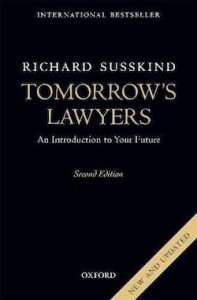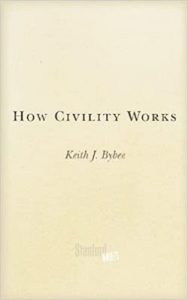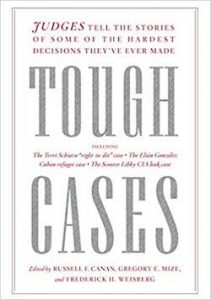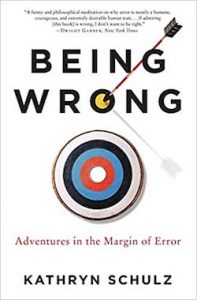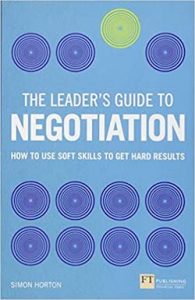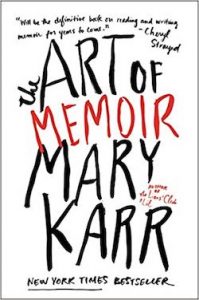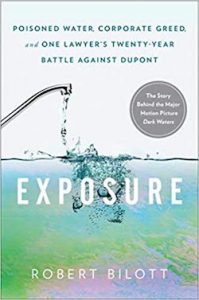Dear Incoming Students,
Welcome to the Syracuse University College of Law! I’m sure you’ve heard from many people how much we’re looking forward to meeting you, especially in this challenging year, but let me add my welcome to the list.
My name is Ian Gallacher, and I’m a Professor of Law at Syracuse. For the past 16 years I’ve been the Director of the Legal Communication and Research (“LCR”) program, the three- semester series of courses you’ll be taking in your first two semesters, and then in either the summer between your first and second years or in the fall or spring of your second year.
In your LCR courses you’ll learn about the slightly odd style of writing we lawyers use, and you’ll also learn about legal citation, legal research, oral advocacy, and many other skills you’ll use as law students and as lawyers.
I stepped down from directing the LCR program this spring, so that I could concentrate on a project that’s very close to my heart. We’re calling it the Legal Writer’s Toolkit, because it will include a series of digital presentations designed to help you refine your skills as legal communicators. The project will include materials designed to help you as law students, but also materials that will be of more help to you when you’re practicing lawyers, and materials that will help incoming students get ready for law school as well.
You might imagine that this project grew out of a desire to respond to the current coronavirus pandemic, but actually it was well into the planning stages before Covid 19 was ever heard of. In fact, the pandemic – and our response to it – has slowed down my planning and execution of the project. More details on the project will be released as more segments of it are released, but now I’m happy to say that the first segment of the toolkit, this alternative reading list, is now ready to be unveiled.
It’s an “alternative” reading list, because the College of Law has likely already given you a list of books you might want to consider reading before you start studying law. These are all excellent books, and my intention isn’t to steer you away from reading them. But I thought it might be helpful if I asked some of the professors you’ll be studying with in your first year what books they thought you should read before becoming law students, and the seven books they came up with form this alternative reading list. It’s a fascinating series of books, some of which were written for lawyers directly in mind, some of which focus on the law but which were written for a broader audience, and some that weren’t written for lawyers at all but which have relevance to lawyers and what we do.
The books are all currently in print, or, at least, they were when I last checked. And they’re all available in either print form or digitally, from Amazon’s Kindle store. Given the current lag between order and delivery, the digital form might be preferable for you if you’d like to read one or more of these books. But that’s completely up to you.
I’ve also prepared a series of focus questions that are tied to each chapter in each of the books. These are designed to stimulate your thinking about what you’re reading and, in a very minor way, simulate the process you’ll have to take when you read your textbooks for your various courses in law school. The Socratic process we use in law school (and let’s not get into the debate here about whether it should properly be called “Socratic” or not: for present purposes, let’s just stick with the label that’s usually attached to the process) involves your professors asking you questions about the cases in the texts, and then probing your answers.
The best way to prepare for this invigorating experience is for you to ask yourselves the questions that might come up in your room as you prepare for class. This style of active reading – in which you interrogate a text to try to draw from it all the information contained in it —can be tiring, and isn’t the type of reading we engage in for pleasure, but it is one of the hallmarks of the approach lawyers bring to things. We ask a lot of questions during the course of a day!
Nothing about this alternative reading list is mandatory. You don’t have to read all of the books, you don’t have to read any of them, and you don’t have to use the focus questions I prepared if and when you read one or more of the books on the list. But reading some or all of these books will be entertaining, stimulating, and educational, both for the information they disclose and what it says about the professor that selected them! I know that every professor will be delighted if you let them know that you read and enjoyed their selection.
I hope you get something out of this alternative reading list. We at Syracuse are a faculty that care a great deal about our students and we want you to have as productive and enjoyable an experience as possible while you’re studying the law with us. That’s why we participated in this project; so we could enhance your experience of being a law student at Syracuse University.
